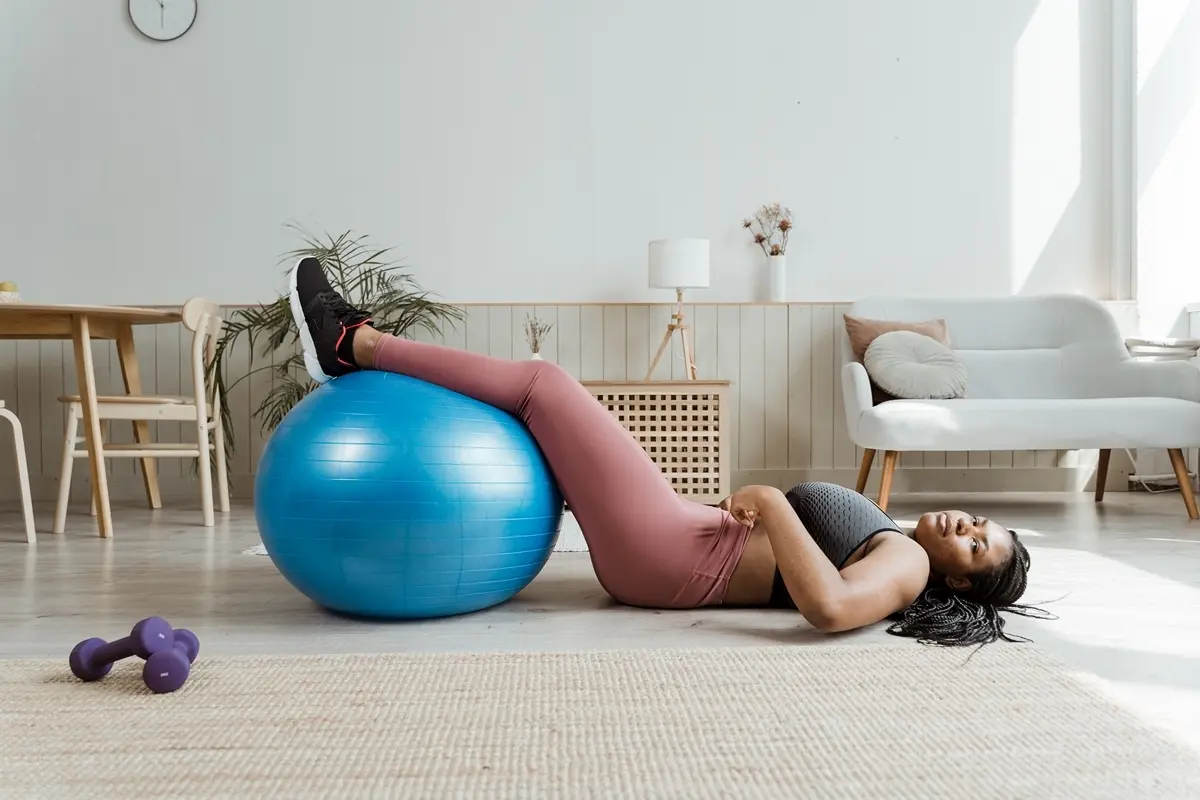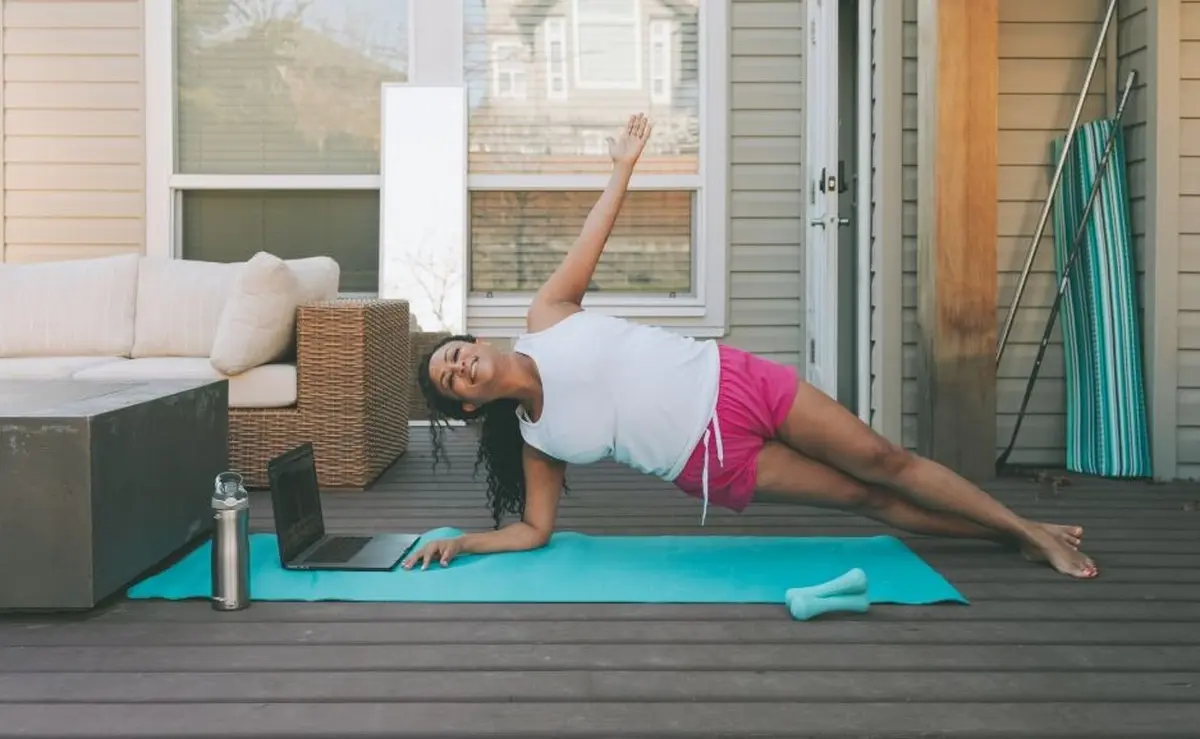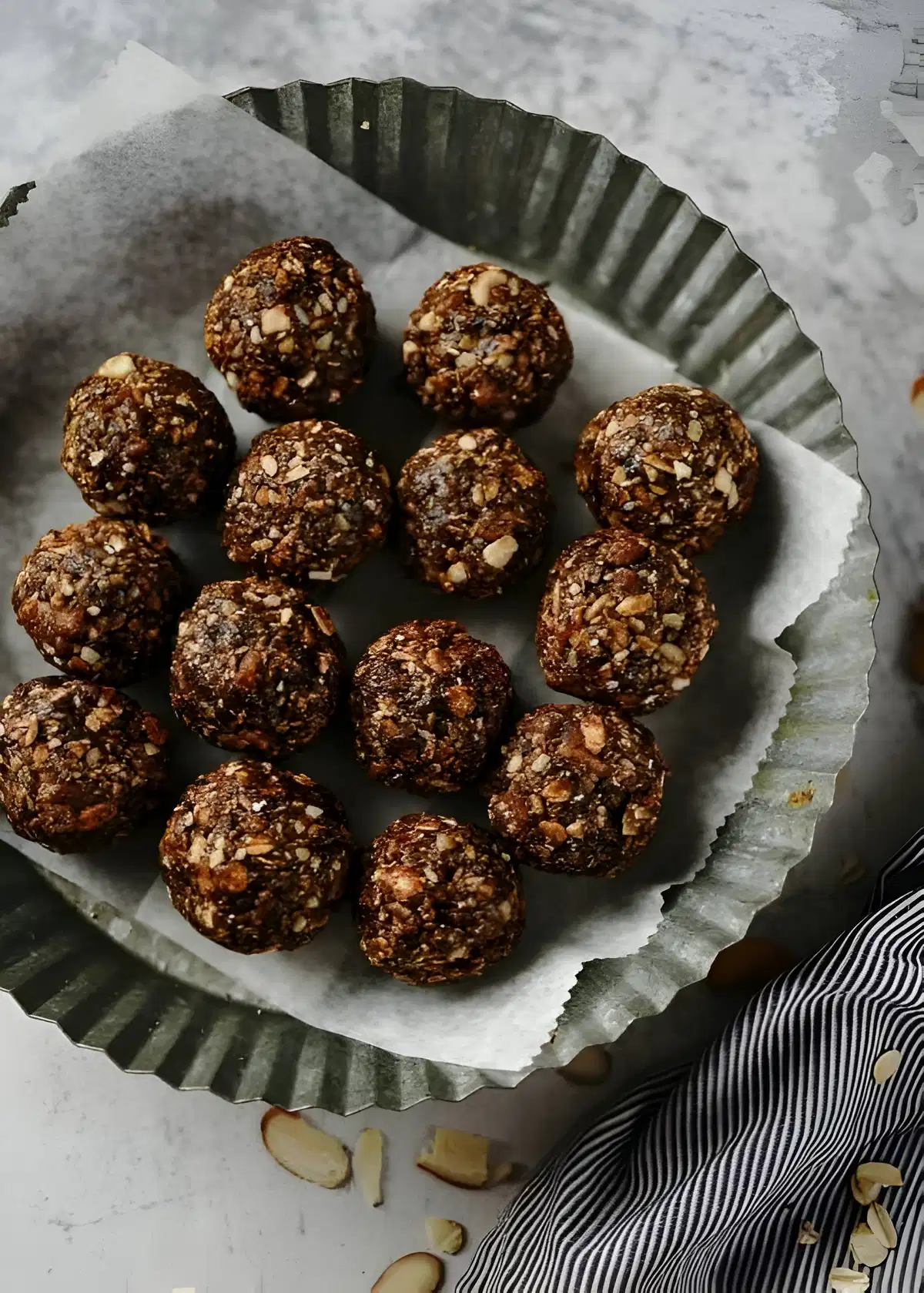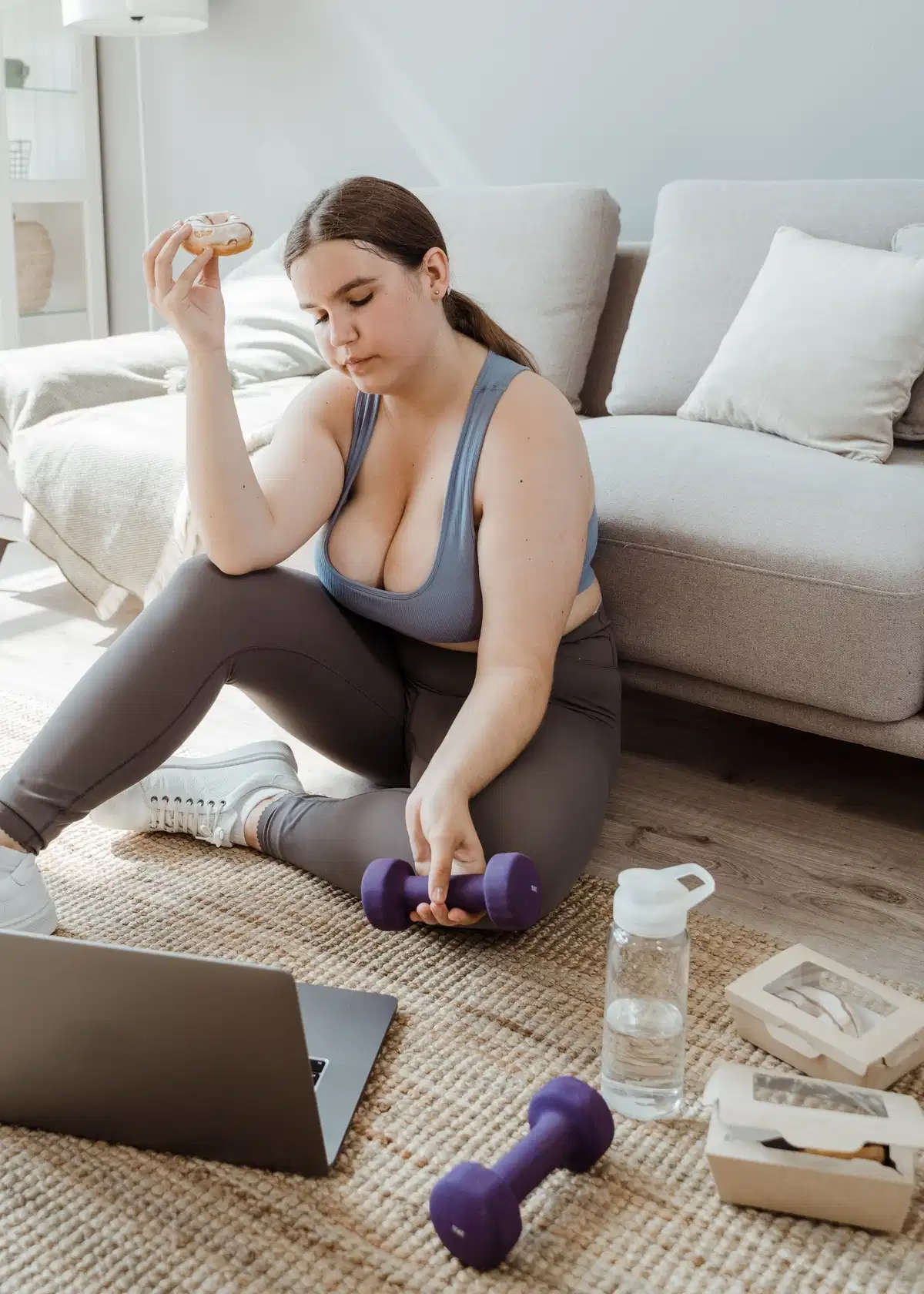You’ve surely wondered when is the best time to exercise after a meal. After all, working out with a full stomach isn’t the most comfortable, yet an empty energy tank can lead to a performance slump. A fundamental requirement for effective training is to prioritize complex carbohydrates and high-quality proteins in your everyday diet. And if you also make sure to allow a certain time gap before exercising after a meal, nothing will stand in the way of your successful workout.
Exercise after eating: Avoid discomfort with the right timing

Most people who engage in regular exercise also pay attention to their diet to reap the benefits of their workouts. After all, what you eat and, more importantly, when you eat it, has a significant impact on your performance and how comfortable you feel during exercise.
If your last meal and your workout are too close together, it can lead to various digestive discomforts when you engage in vigorous physical activity immediately after eating, according to a study published in “Sports Medicine.” To avoid such unpleasant experiences, you should give your body ample time to fully digest the food before starting your exercise routine after a meal.
During digestion, the body requires a substantial amount of blood to distribute nutrients throughout the body. However, when you exercise, your muscles need that blood for adequate oxygen supply, which supports muscle function.
Here’s the dilemma: If you start your exercise regimen shortly after eating, your digestion and muscles will be working simultaneously, competing for the available blood supply. Consequently, you may experience the aforementioned discomforts during your workout after eating and face an unwanted performance slump since your muscles won’t receive sufficient nourishment.
To ensure you can give your all during your training session without any tummy troubles, it’s essential to align the content and size of your pre-workout meal with the duration and intensity of your workout and take a certain period of time to rest after eating.
How long should you wait to exercise after eating?

To determine when you can start exercising after eating, it’s worth paying attention primarily to the portion size of your meal. According to the Mayo Clinic’s recommendation, if you’ve had a large meal (over 600 calories) consisting of proteins and carbohydrates, you should wait three to four hours before beginning your workout. That’s how long digestion typically takes to process the food adequately.
If you’ve only had a small, low-fiber snack before your workout, you can start exercising just 30 – 45 minutes later, without worrying about experiencing any discomfort afterward.
What should you eat when you want to exercise after that?

If you want to maximize your training session, it’s important to consider the composition of your pre-workout meal. Avoid consuming foods that drain your energy before exercising.
In general, stay away from greasy and sugary foods before sports! Digesting heavily fatty and sweet foods requires much more energy from your body compared to a meal consisting of high-quality protein and complex carbohydrates. The same applies to sugary drinks. Burgers, pizza, cola, and the like can also make you feel sluggish and unenthusiastic during your training.
If you have planned intensive activities lasting longer than 60 minutes, focus on consuming healthy carbohydrates in your meals. Additionally, it’s a good idea to have carb-rich snacks on hand, such as energy bars or amino drinks, that provide the necessary power to keep going without weighing you down.
For shorter workouts after eating, which emphasize strength building, increase your protein intake beforehand. You could have a toast with nut butter, yogurt with granola, cottage cheese, or protein pancakes.
Is it better to eat before or after a workout?

You might be wondering now whether it would be smarter to skip eating before exercising to avoid unnecessary strain on your digestion.
However, by skipping the pre-workout meal and only eating after your workout, you won’t be doing your body any favors. Instead, you’ll likely leave the gym feeling frustrated, lacking the power for your training.
If you prefer not to have large meals before exercising, at least consume a small snack of around 200 calories to provide your body with enough energy.
But post-workout nutrition is also crucial for your training success and the foundation for perfect recovery. After exercising, the first priority is replenishing your energy stores, which is best achieved with readily available carbohydrates.
Subsequently, you should continue to focus on consuming complex carbohydrates (found in foods like potatoes, rice, or oatmeal) in your meals. These take longer to break down, providing you with sustained energy supply.
So, let your tummy settle and enjoy your workout to the fullest! With the right timing and thoughtful food choices, you’ll achieve great results and maintain your well-being throughout your exercise routine.
